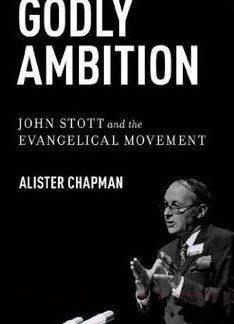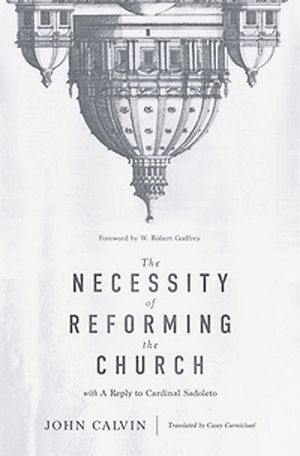Godly Ambition: John Stott and the Evangelical Movement
Alister Chapman
Oxford University Press,
222 pages, £35.00
ISBN: 978-0-19-977397-8
Star Rating: 4 stars
On any reckoning, John Stott is a central figure in twentieth-century evangelicalism. Following his death in July 2011, it is inevitable that analysis of his life and work will begin in earnest, building on the two-volume biography by Timothy Dudley-Smith (IVP, 1999-2001). Alister Chapman, history professor at Westmont College in California, is one of the first into this field with this book, which appears to be based on his PhD research and for which it seems he had access to papers not available to Dudley-Smith.
Chapman has attempted neither another biography of Stott nor a full-scale assessment of his life. His focus is on Stott’s work in the English context. He presents his subject as the product of the top tier of the British establishment — and as committed to that establishment throughout his career. He highlights the influence of Eric Nash on the young Stott, with the former’s laser-like focus on reaching the highest echelons of British young men for Christ. He tracks Stott’s evangelistic efforts with university students and then in the parish of All Soul’s, Langham Place, in central London, where he argues Stott tried but failed to break the upper-middle class dominance of his congregation by reaching the council estate residents at the other end of the parish.
Chapman notes Stott’s allegiance to the establishment as a constant note in his ministry, in the form particularly of his commitment to the Church of England. Chapman argues that this commitment perhaps unwittingly led Stott away from some of the more conservative and fundamentalist positions that he had taken in his younger days, under the pressure of his desire to maintain a clear evangelical force within the established church.
In the end, Chapman argues, Stott’s battle to see a true revival of Christianity in the nation, through this top-down focus on the establishment, was quashed by an increasing secularism. The desire to see Britain as a Christian nation once more could not, it seemed, be realised. Stott turned then to the wider world and his later years of ministry are marked by an international emphasis which resulted in an extraordinary fruitfulness to an extent that he never saw in his own country.
This book is testimony to the determined pursuit of an ambition, the ‘godly ambition’ of the title, to see the cause of the gospel triumph. If that ambition was not realised to the extent desired, we can nevertheless be thankful to God for the great things that were accomplished for the cause of Christ throughout the world through his servant John Stott.
Robert Strivens,
London Theological Seminary




















